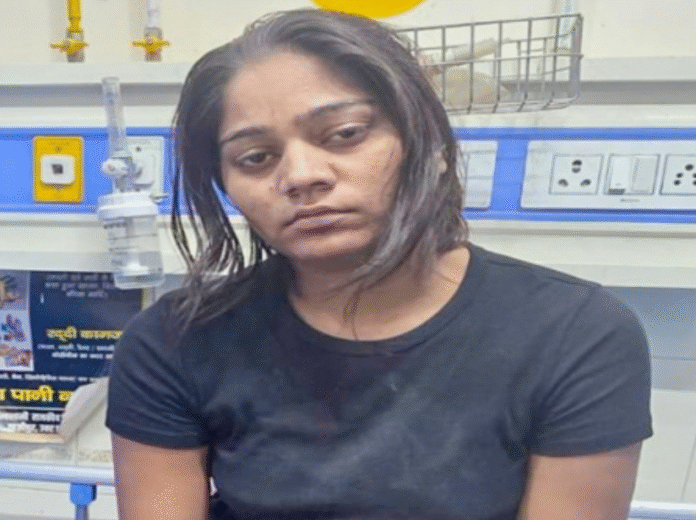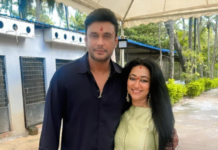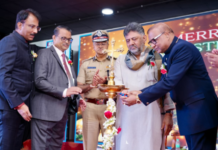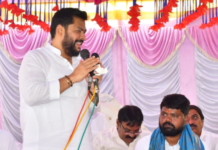New Delhi— The recent surge in cases involving women killing or abetting the murder of their husbands reflects a troubling rise in emotional dysfunctions and poor coping mechanisms, say mental health experts.
From the high-profile honeymoon murder in Meghalaya to the gruesome discovery of a dismembered body sealed in a cement drum in Meerut, these chilling incidents have ignited intense public debate—not only around the nature of the crimes, but also about the psychological well-being of the women involved.
“These crimes should not be viewed through a gendered lens of male versus female aggressors. Rather, they represent profound human tragedies rooted in emotional dysfunction, impaired cognition, and unhealthy coping skills,” said Dr. Shiv Prasad, Professor and Head of the Department of Psychiatry at Lady Hardinge Medical College, New Delhi.
Recent cases like that of Bengaluru techie Atul Subhash—who died by suicide last December after publicly blaming his wife in a 90-minute video—and Raja Raghuvanshi, allegedly killed by his wife during their honeymoon, have stirred widespread outrage. Many have used these incidents to fuel misogynistic narratives, threatening to derail progress made toward gender equality.
Dr. Prasad cautioned against conflating psychological dysfunction with female empowerment. “These are not actions taken by empowered women, but by individuals battling deep psychological distress. Framing such women as emotionally unstable or dangerous undermines the real issue and, at the same time, jeopardises the long-standing fight for gender parity,” he said.
Experts suggest that these crimes reflect a larger social and psychological transformation. As women face increased exposure to emotional, financial, social, and existential pressures, interpersonal conflicts are intensifying—often turning violent.
“These violent outcomes often arise when untreated trauma, emotional dysregulation, and unrealistic expectations clash with external stressors like betrayal, rejection, or overwhelming family responsibilities,” Dr. Prasad explained.
Psychiatrists also point to the evolution of Indian family structures as a contributing factor. Dr. Rajiv Mehta, Vice Chairperson of Psychiatry at a leading hospital in Delhi, noted the shift from joint families to nuclear setups as symptomatic of broader social change.
“The mindset has shifted from ‘we’ to ‘me.’ There’s growing individualism, entitlement, and an underlying belief that one can outsmart the system or escape legal consequences,” Dr. Mehta told IANS.
According to experts, modern relationships, heavily influenced by digital ideals and superficial connectivity, often lack real emotional depth. They are increasingly defined by unrealistic expectations that rarely align with deep-rooted cultural and familial norms.
“Today’s relationships tend to prioritize individualism over interdependence,” said Dr. Prasad. “Many fail to recognize that marriage is not just about the couple—it requires navigating complex family dynamics and shared responsibilities.”
Both experts underscored the urgent need for greater awareness, early mental health intervention, and efforts to build emotional resilience—particularly in a society where traditional support systems are rapidly dissolving.
(Dource: IANS)













